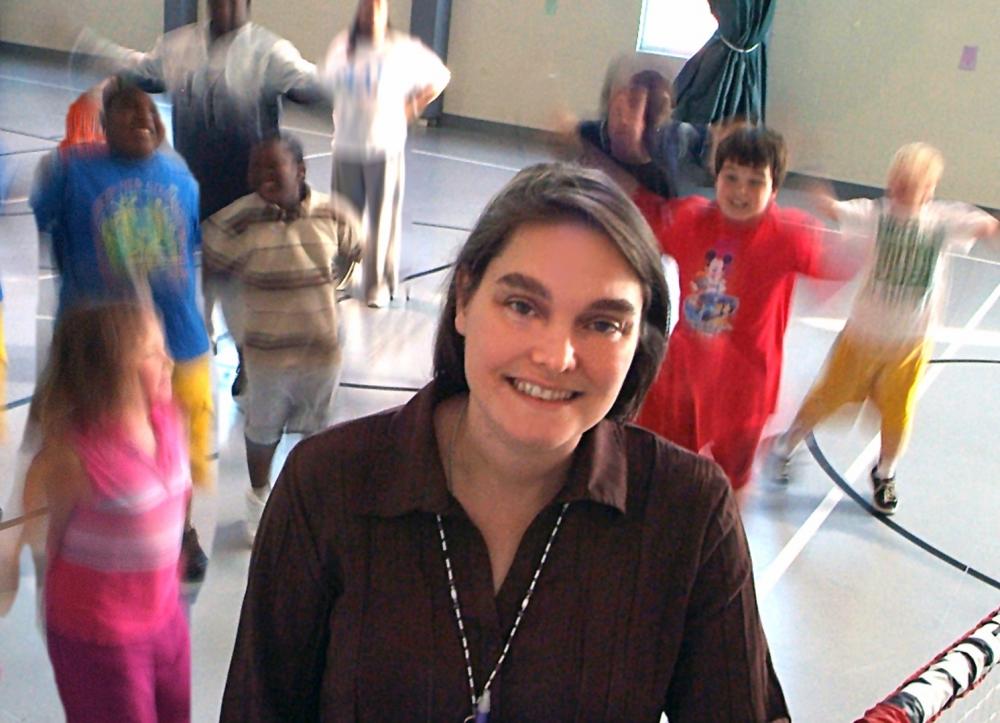
Section Branding
Header Content
Exercise Could Make Obese Children Smarter
Primary Content

Inside a gym 20 kids play a modified version of musical chairs. They run around a circle of colored Frisbees while a radio blasts Shakira. When the music stops so do the children… panting and out of breath. Ty'leke Allen loves this game.
"It makes me feel good, because I'm burning off all this fat," he says wiping the sweat from his forehead.
Ty'leke and the other kids are overweight. They are part of a study from the Georgia Health Sciences University in Augusta.
Psychologist Catherine Davis has been examining the effects of regular exercise on how children think.
"We found that their scores on a math achievement test went up based on the amount of exercise that they did," says Davis.
Davis took 140 kids and divided them into 3 groups. One got 40 minutes of exercise a day, another 20 minutes and the last group got none at all.
After 4 months Davis tested them in various academic subjects.
"There was about double the improvement in the 40 minute group as there was in the 20 minute group," says Davis. "So the amount of exercise...that these children are doing every day makes a difference in their mental health."
The kids with the most exercise showed a nearly 4 point boost in intelligence scores compared to the ones that didn't get any.
Davis says she hopes lawmakers will take notice of her work as they overhaul the decade old No Child Left Behind law.
It required public schools to meet tough new education standards. School systems across the country, including Georgia, cut back mandatory PE classes so teachers would have more time to prepare students for high stakes standardized tests.
Davis says her findings suggest cutting PE might not have been the best idea.
Dr. Karen Wish is a dietician at Augusta State University. She agrees.
"Adding back some physical activity could help with those test scores that are often times being used to determine effectiveness of their school programs," says Wish.
To convince politicians Davis says she actually did MRI brain scans of some of the kids in her study. This photographic evidence shows the benefits of exercise on young minds.
But she says the least she can hope for is that the children in her study leave with a new appreciation for physical fitness.
"And if they’re continually having a bit of an edge because their body is healthier and their brain is benefiting from that then that’s got to add up to something," she says.
Davis' study was published last month in the journal Health Psychology.
Now she's tracking a new group of overweight kids to see how exercise affects them over an entire school year.
Tags: No Child Left Behind, childhood obesity, Georgia Health Sciences University, GHSU, Dr. Catherine Davis, childhood obesity research, physical education
